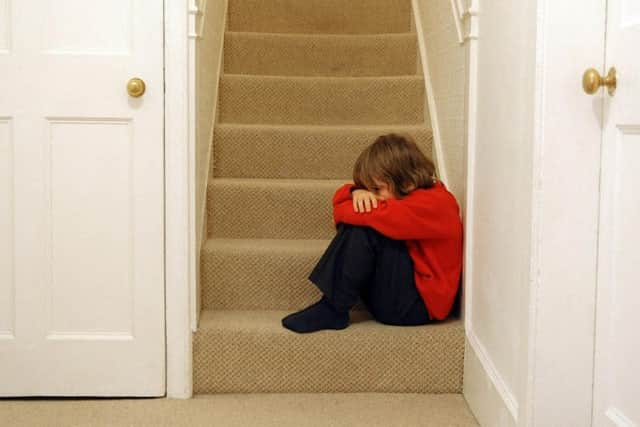'Scottish children should have the right to give evidence in court'
More than 50 individuals and organisations have responded to a consultation on the issue.
It found widespread support for young people being able to give evidence so long as the child is able to provide information in a safe environment and in a way they can effectively express their views.
Advertisement
Hide AdAdvertisement
Hide AdUnder current Scots law, there is a presumption that only children over 12 are of sufficient age and maturity to form a view to be heard in court.


But the Scottish Government's Children (Scotland) Bill proposes making it easier for all children to have the opportunity to express a view.
Some charities and public organisations have warned that for children to be able to give evidence a "substantial" increase in funding will be required.
Holyrood's Justice Committee will hear evidence about the Bill.
Its convener, Margaret Mitchell, said: "Balancing the rights and responsibilities of children, mothers, fathers, siblings, grandparents and wider families and step-families is difficult to get right.
"Particularly when every case has its own individual circumstances where the specifics matter."
In its evidence to the public consultation on the Bill, the Care Inspectorate said: "We consider that children from a young age can give their views if given the time, appropriate tools to support them and a feeling that they are being listened to."
On the issue of funding, it added: "There needs to be investment, guidance, and training to make meaningful and embedded cultural changes."
Advertisement
Hide AdAdvertisement
Hide AdThe Scottish Courts and Tribunal Service's (SCTS) response also expressed concern about the financial burden arising from the proposals, warning costs are likely to be higher than what the government expect.
"The SCTS consider that the change in the point at which the age and maturity of the child are considered, is likely to result in an increase in the number of cases in which the views of the child are obtained," it explained.
Dr Gillian Black from the University of Edinburgh's School of Law, described the removal of the age presumption as "a very welcome development to ensure there is no unnecessary hurdle to children under 12 sharing views".
She said: "The statutory reforms themselves will not be enough: it is absolutely critical that the Parliament and Government makes adequate funding available to support these changes.
"Any of the changes which envisage new regulatory regimes will only operate successfully if there is appropriate money available to implement the scheme and provide training and support.
"The success of the Bill will therefore be intimately tied to the financial resources made available to implement it."
A critical response by Dr Will Kay from the University of Stirling argued the Bill will "institutionalise discrimination in Scotland" about the way family law treats male and female parents differently.
"The Children's Bill is a once in a generation - or longer - opportunity for positive change in Family Law in Scotland for the best interests of children and families," he said.
Advertisement
Hide AdAdvertisement
Hide Ad"However, this opportunity is about to be lost as the Bill is inadequate.
"Indeed, the Bill, as it stands, will act to ingrain discrimination even more deeply and institutionally throughout Scottish society and culture."